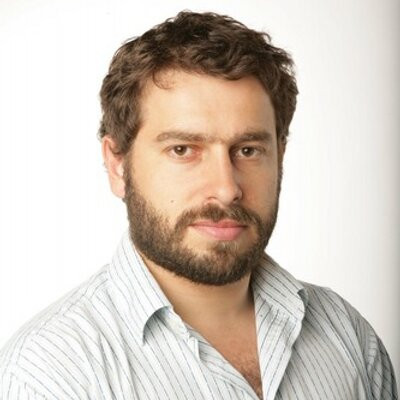Malaysia: 2 ABC Australian journalists detained after trying to approach Prime Minister Najib Razak

Two journalists with Australian Broadcasting Corporation were detained by Malaysia police after they allegedly tried to "aggressively" approach the Prime Minister Najib Razak at a public function in Sarawak. Reporter Linton Besser, 39 and camera operator, 51, Louie Eroglu however were released the following day on police bail and have been barred from leaving the country.
The duo, who work for ABC's Four Corners investigative programme, were detained on 12 March after they crossed a "security line and aggressively tried to approach the prime minister," according to a police statement. "Both of them were subsequently arrested for failing to comply with police instructions not to cross the security line," the statement added.
Najib was visiting a mosque in the state's capital Kuching, when he was approached by the journalists who were trying to ask him about a corruption scandal. Besser and Eroglu's passports were initially seized by police but have been returned with instructions that they cannot leave the country.
Khalid Abu Bakar, Malaysia's police chief said: "We will discuss with the Attorney General's Chambers [whether] to charge them. Police are responsible for the prime minister's security. So we do not want anything untoward happening to him."
He confirmed that the duo have been barred from leaving Sarawak while investigations were underway. He reiterated that the journalists were arrested for defying police orders.
Khalid pointed out that they had "crossed the line" by entering the safety control zone of the Prime Minister and because of that, we have arrested them." He said at the time, Najib was not holding an interview or a press conference.
"Normally, the prime minister will give space for interviews. Don't defy protocol," he warned. Earlier this month, Deputy Prime Minister Ahmad Zahid Hamidi, revealed that an attempt by Isis to kidnap him, Najib, and Defence Minister Hishammuddin Hussein was thwarted in January 2015.
He said the group had also planned to test improvised explosive devices before attacking a Syiah mosque and several Chinese temples in Kuala Lumpur. Only last week, a suspected explosive device was detonated by Malaysia police near the capital's iconic Petronas Twin Towers and near a concert by US singer Richard Marx.
Zahid has insisted that the detention of the two journalists was not an obstruction to press freedom, saying that they should have "followed the journalism ethics adopted in the country by respecting our rules and laws". He said: "The government will not stop any journalists in the country from giving coverage regarding any events, incidents or interviews with public figures. But in this case, we should be looking at a situation where a VVIP should be given safety precautions."
Speaking at a press conference, he said: "I believe they [Australian journalists] are doing their best for their media, but at the same time, they should respect the safety aspects that have been enforced by our authorities." He said he will let the police take the appropriate action.
ABC News director Gaven Morris denied the allegations made against his journalists. "I can tell you that at no time did our journalists obstruct or intend to obstruct any public servants in performance of their duties. They did not see a police line and do not believe they crossed one."
He continued: "They stopped filming and left the event as soon as they were asked. They fully cooperated with the police before and after their arrest. We are doing everything we can to resolve this situation as quickly as possible."
ABC Four Corners' executive producer Sally Neighbour tweeted that the duo were "doing what journalists do in countries with a free press. In a democracy, journalists asking the PM questions is routine."
.
.@tankengliang @4corners Neither of those things happened. Our journalists were doing what journalists do in countries with a free press
— Sally Neighbour (@neighbour_s) 13 March 2016
.@tankengliang As I said there was no breach. In a democracy, journalists asking the PM questions is routine. @4corners
— Sally Neighbour (@neighbour_s) 13 March 2016
Reporter Besser himself also tweeted his thanks for the kind messages and ABC's support. Australia's Foreign Affairs Minister Julie Bishop said: "I'm always concerned when there are instances of a crackdown on freedom of speech — in democracies particularly. I'm also concerned about the freedom that journalists have to carry out their work."
Thanks for the kind messages from afar. As @johnnyturk says, it's Sleepless in Sarawak. We're both well and grateful for great ABC support.
— Linton Besser (@lb_online) 14 March 2016
© Copyright IBTimes 2025. All rights reserved.




















